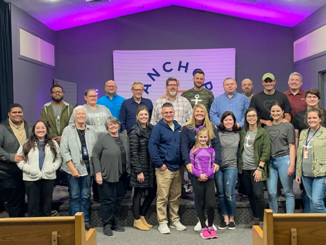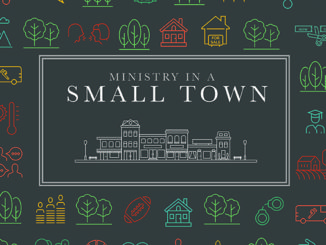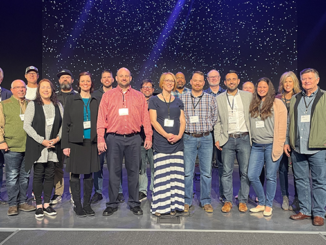
It’s not hard to see that difficulties and church planting are synonymous. Let’s face it, church planting is difficult anywhere, whether it be in the United States, around the world, urban or rural. However, the word difficult is not the word I would use to describe planting churches in an urban setting. Don’t misunderstand, urban ministry can be extremely complex because of diverse cultures, costs, and city circumstances. However, simply saying that an area is “difficult” usually indicates that one hasn’t adapted their expectations to the different opportunities available to reach the lost in that area of the city.
Let me share with you what I feel are four major differences in planting churches in an American urban environment.
We start and end with people, not with buildings and programs.
We start and end with people, not with buildings and programs. Click To TweetIn most urban environments we cannot rely on having the financial resources to purchase a building upfront and then begin reaching the neighborhood with multiple programs from within the church building. Because of the expense of rent, insurance, and space, most church plants in the city are non-facility dependent. This means that one-on-one discipleship is the beginning. This step builds into small groups that leads to many small groups. Eventually small groups lead to renting a place to meet on a weekly basis. With buildings and programs out of the way, relationships have to be forged, and building bridges of communication to the neighborhood have to be made. People need relationships that are authentic and an urban environment is the opportunity of a lifetime to see relationships form that are very raw and vulnerable.
We must learn where and how the people live in order to reach them.
Because of the number of ethnicities and cultures that make up our urban areas and inner cities, we are compelled to love people where they are and be ethnically relevant. We cannot expect that they will come to a church building seeking answers about Jesus. By observing how cultures live and meeting needs based upon that culture, we begin bridging a gap and forming relationships. These new found relationships then develop for that individual a respect and understanding of the Gospel. For instance, in a rural setting, serving pulled pork sandwiches at a block party sounds like an inexpensive way to meet your neighbors and start small groups in order to build your new church. However, to do that in an urban environment may yield a different result when you find out you moved into a predominately Russian speaking Jewish neighborhood. Not only do they have trouble speaking English, but they are appalled that you would attempt to feed them something they will not eat and insulted that you are trying to patronize them with your religion. To be ethnically relevant is to approach them with a mutual respect and build a relationship based on something that is needed where they live. In this scenario that may look like English as a second language classes and/or shoveling their driveway of snow on their Sabbath days. The difference as an urban church planter is we must be educated about the pocket cultures of people that live in our neighborhoods in order to know what will reach that particular culture or ethnicity.
People are broken.
Hollywood’s view of gangs, drugs, addictions, homelessness, and violence have desensitized most Americans, yet these particular trends have changed the very landscape of almost every urban city. Although, many of the rural areas that I visit have also been hit hard with these things, there is a difference in the sheer volume of people in an urban church plant that would call that way of life “normal”. They are broken people. Many of which are broken to the point of no ounce of shame to ask, do, or say anything to take advantage of any given situation.
People are bold.
Similar to the comment section on a restaurant or hotel website, people in an urban area are not afraid to tell the honest to goodness truth… from their perspective. There is usually no filter! This can be very refreshing or seen as very abrasive. But, when we are in the mob it’s not as easy to be singled out, so there is a genuine boldness to anyone that calls the city their home. This boldness can translate into someone who loves the Lord and becomes a disciple used boldly for Him. That of course is always our prayer.



